Massachusetts Center for Adolescent Wellness (MCAW) is dedicated to supporting your mental health. If you are experiencing suicidal thoughts, we encourage you to reach out for immediate support through your local crisis services by dialing 988, contacting your local emergency services, or visiting your local emergency room.
If you’re experiencing recurring thoughts of self-harm, it’s important to know that you’re not alone, and support is available to help you through this difficult time. Understanding why you feel this way and seeking help are critical first steps toward healing. At Massachusetts Center for Adolescent Wellness, we are here to provide a compassionate and supportive space to guide you toward recovery. Call 855.940.6229 today to learn about our self-harm treatment today.
Are You Wondering Why You Want to Hurt Yourself?
Often, self-harm is a response to overwhelming feelings like:
- Sadness
- Anger
- Guilt
- Frustration
Sometimes people use self-harm as a way to feel in control, release pent-up emotions, or distract themselves from emotional pain.
It’s important to understand that these thoughts and behaviors are signals that something deeper needs attention. Self-harm is not the solution, even though it might feel like a temporary relief. Recognizing these thoughts as a sign that you need support is a brave step forward.
Why Do People Cut Themselves?
Self-harm, such as cutting, can be a way some people cope with emotional distress. People might cut themselves as a way to express feelings they can’t put into words or to feel something when numbness sets in. Others may use it as a way to punish themselves for perceived failures or to take control of emotions that feel overwhelming.
While self-harm might provide a momentary sense of relief, it doesn’t address the root causes of the pain. Instead, it often creates further emotional and physical complications. Understanding this behavior and seeking help can provide healthier, more effective coping strategies.
Signs of Possible Self-Harm
Recognizing the signs of self-harm in yourself or someone else can be an important step in reaching out for help. Common indicators of self-harm include:
- Unexplained cuts, burns, or other injuries.
- Wearing long sleeves, even in warm weather, to hide marks.
- Frequent mood changes, withdrawal from friends and family, or a sense of hopelessness.
- Finding sharp objects hidden around someone’s personal spaces.
- Expressing thoughts of self-harm or feelings of worthlessness.
If you notice these signs in yourself or someone else, it’s essential to act with compassion and understanding.
How to Stop Self-Harm
Working toward stopping self-harm is possible, even when it feels impossible. Here are some steps you can take toward healing:
Talk to Someone You Trust
Sharing your feelings with a trusted friend, family member, teacher, or counselor can be a powerful first step. Opening up can help you feel less isolated and more supported during hard times.
Seek Professional Help
Therapists and mental health professionals can help you explore the reasons behind your thoughts and behaviors and introduce healthier ways to cope. Therapy types like cognitive-behavioral therapy (CBT) have helped many people address self-harm.
Find Alternative Coping Strategies
Replacing self-harm behaviors with safe alternatives like journaling, exercising, or practicing mindfulness can help you process difficult emotions. Techniques like holding ice cubes, snapping a rubber band on your wrist, or drawing on your skin can provide a physical sensation without causing harm.
Create a Safety Plan
Develop a plan to use when urges arise. Include activities to distract yourself, calming techniques, and a list of supportive people you can contact. Having a plan can make a big difference in tough moments.
Be Patient With Yourself
Recovery is a process, and setbacks can happen. Remind yourself that progress takes time, and every step forward is significant.
Call MCAW Today
If you’re struggling with recurring thoughts of self-harm or wondering how to stop self-harm, MCAW is here to support you.
Take the leap to reach out for help today by calling 855.940.6229 or connecting online. A safe, supportive environment awaits you, where you can learn to heal and grow with tools and techniques that empower you. You don’t have to do this alone—we’re here to help every step of the way.


